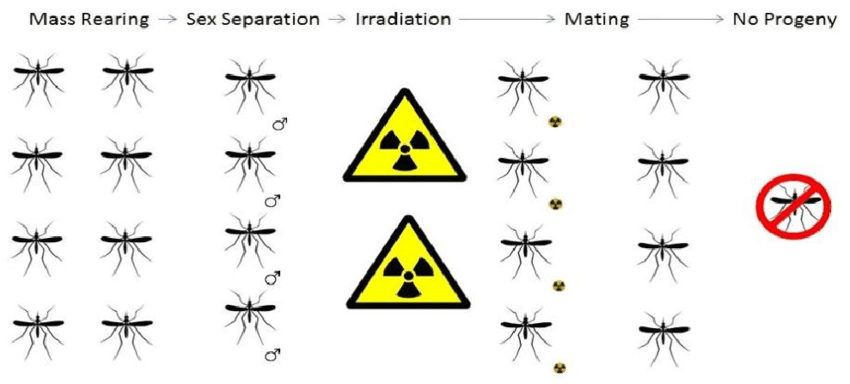Sterile Mosquito Release Program Brings Relief in Southern California

For the first time in a decade, experts are seeing real progress against the spread of invasive Aedes aegypti mosquitoes—known as "ankle-biters"—thanks to an innovative pilot program releasing sterile male mosquitoes in high-risk neighborhoods.
Sterile males don’t bite or carry disease. When released into the wild, they mate with females, but no viable eggs are produced. As a result, mosquito populations in some parts of Southern California have dropped dramatically:
- 82% reduction in Sunland-Tujunga
- 44% reduction in parts of San Bernardino County
The Aedes aegypti mosquito can transmit dengue, Zika, and chikungunya—and lays eggs in even the tiniest puddles. Traditional pesticides are often ineffective, which is why vector control agencies are turning to sterilization and biological methods like mosquitofish, which helped reduce populations by 65% in areas like Rancho Cucamonga.
The Compton Creek Mosquito Abatement District is monitoring this success closely as it explores future mosquito control tools. Learn more or report mosquito issues at comptoncreekmad.org.
